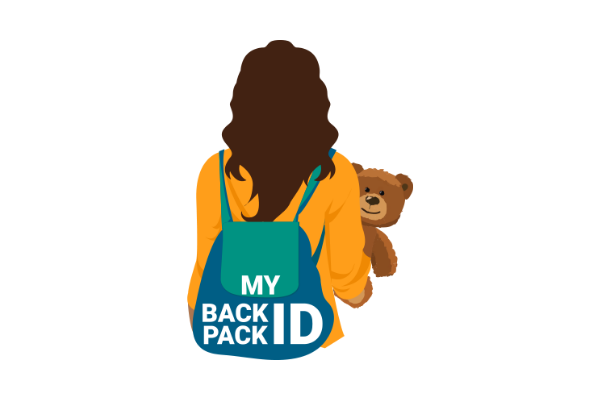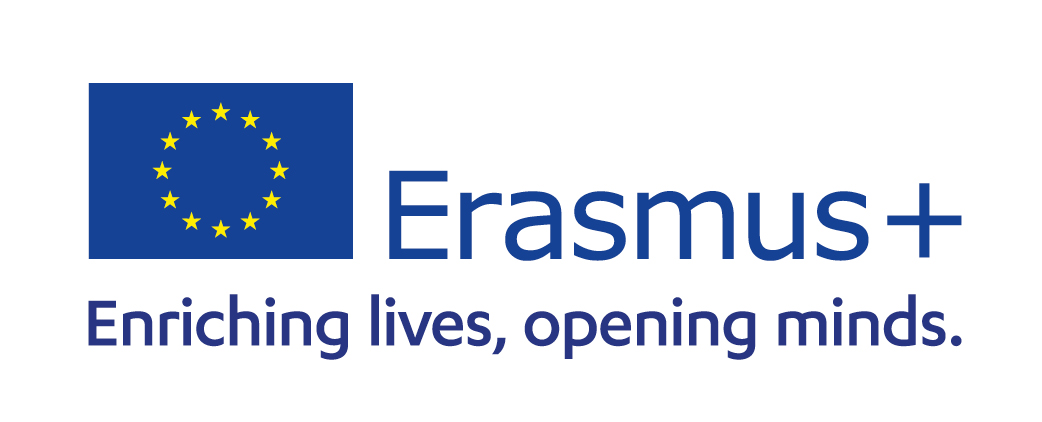

Erasmus+, KA2

Backpack-ID is an innovative intervention for promoting the inclusion of refugee children at school in four European countries (Greece and Italy, Germany and Sweden) which are met with acute and very diverse challenges by the ongoing refugee crisis. Informed by these differences, the present approach on social inclusion advances a common account of social inclusion challenges; it sees the social inclusion of refugee children as a function of addressing the needs and perspectives of those children and their families, and local communities and stakeholders, while affirming common European values.
The intervention focuses on elementary and lower secondary-school (10-15 years old) pupils’ multiple collective memberships, backgrounds and identities. It addresses both refugee and non-refugee pupils and seeks: (a) to empower all pupils and make them see and experience aspects of “otherness” in themselves. Pupils’ families and/or immediate social background will be pupils’ main resources to this end. “Never leave your backpack behind” refers to the trivial belongings of great emotional and symbolic value that refugees may carry in their backpacks, and serves as common ground in the quest for “pathways” and “bridges” across group-memberships and identities. Importantly, reflective work on identities further seeks; (b) to advance refugee pupils’ literacy development in the new language. This integrative approach to multiple identities, empowerment and literacy development is a core innovative contribution of Backpack-ID.
The project’s scheduled outputs are tailored to its broad objectives and include: (i) tangible multi-format outcomes of pupils’ gains from reflective work on identities, capturing advances in pupils’ literacy as well as ability to reflect on similarities/ differences and see their experiences in a broader comparative European context; (ii) a set of comprehensive, innovative educational materials for multi-media use by pupils and teachers; (iii) a “teacher’s kit” intended to assist teachers with handling identity dynamics in class. Multiple methods will be relied upon within this essentially bottom-up approach bringing together educational action-research, participatory models, and mixed-method designs in psychology.
The project’s scheduled outputs are tailored to its broad objectives and include: (i) tangible multi-format outcomes of pupils’ gains from reflective work on identities, capturing advances in pupils’ literacy as well as ability to reflect on similarities/ differences and see their experiences in a broader comparative European context; (ii) a set of comprehensive, innovative educational materials for multi-media use by pupils and teachers; (iii) a “teacher’s kit” intended to assist teachers with handling identity dynamics in class.
(a) At the level of class, refugee and non-refugee pupils will directly benefit in psychological terms (self-esteem and positive self-images via their group memberships); dynamics in class change and facilitate communication in creative ways; pupils develop a readiness to recognise bias and discrimination while respecting other people’s social identities; refugee pupils’ literacy improves.
(b) At the local community level refugee families will avoid self-withdrawal and marginalization, while a culture of more participation and inclusiveness is embedded.
The project has produced a set of tools and materials for teachers and pupils:
A collection of students’ Personal Books that consist of multi-modal materials (written narratives, images, photographs, videos, music, songs, films, posters, favorite games or recipes, etc.) that reflect students’ memories, languages, and multiple identities.
A collection of videos that will be created based on the students’ Personal Books (O1).
A single combined, transnational volume, integrating the interpretative analyses of videos (O2) that both students and teachers will conduct in class.
A guide for teachers with good and innovative practices that can also involve students’ families in the school life, thus supporting intergenerational communication.

Our objective is to increase cooperation among the
members of the network, between Italy and Sweden
and, more in general, the North and South of
the European Union.
Stradone Martiri della Libertà, 15 – 43123 Parma (PR) – Italy | C.F.: 91251370374
Tel: +393483892600 – Website: www.sern.eu – Email: secretariat@sern.eu – PEC: secretariat@pec.sern.eu
© 2024 | All rights reserved | Privacy Policy | Cookie Policy